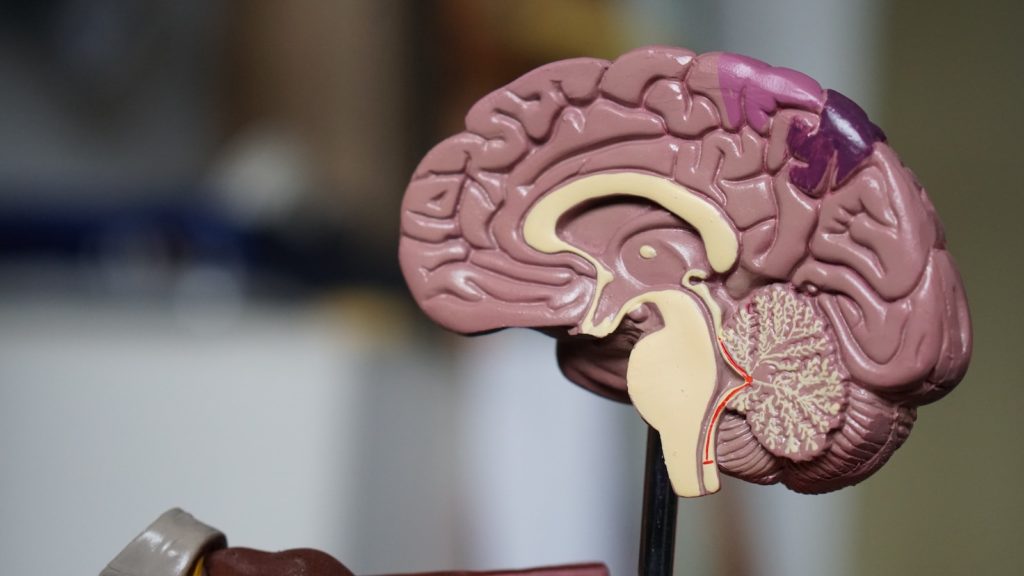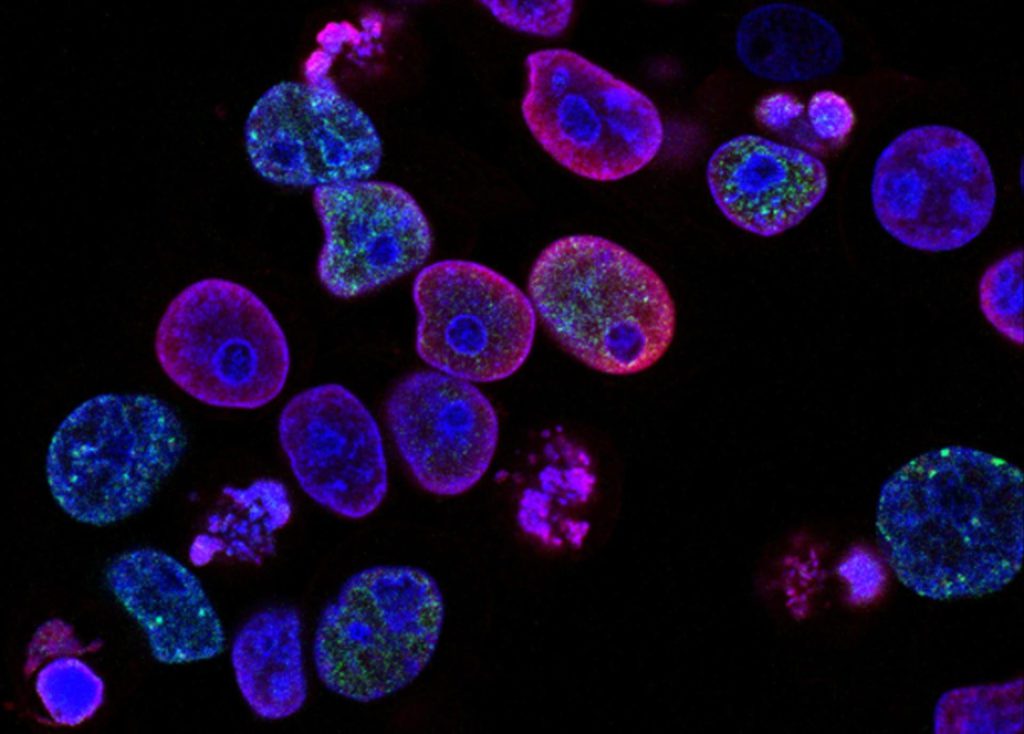What are the causes of Alzheimer’s disease? We will look into them from three perspectives: the impaired glucose metabolism. Mitochondria dysfunction and oxidative stress. And inflammation.
Alzheimer’s disease is a devastating condition that affects millions of people worldwide. But what exactly causes this debilitating disease? Is it genetic, environmental, or a combination of both?
Alzheimer’s disease is a progressive brain disorder that affects memory, thinking, and behavior. It is the most common cause of dementia in older adults and currently has no cure. Despite years of research, the exact causes of Alzheimer’s disease remain unknown.
However, there are several factors that have been identified as potential causes of Alzheimer’s disease. In this article, we will explore these factors and their roles in the development of this illness. By understanding the underlying causes of Alzheimer’s disease, we can work towards developing better treatments and ultimately finding a cure.


1. Impaired glucose metabolism
Obesity, Type 2 diabetes & Metabolic syndrome. These have been identified as one of the significant risk factors for AD.
The neurons in the brain require energy to perform their functions, which come from glucose.
The brain consumes ~20% of glucose-derived energy, making it the primary consumer of glucose.
However, it’s insulin, the conductor with the baton in this orchestra, making sure everything is in symphony. It plays a role in controlling your appetite, mood and memory.
But when the brain cells, the musicians, become insulin resistant, the insulin receptors (IR) can’t bind with glucose, and the orchestra isn’t melodious anymore.
Since glucose cannot bind to the cells, it affects your cognitive functioning.
A study conducted on AD patients found that Insulin resistance or a decreased response to insulin was one of the key factors in the worsening of AD progression over time.


2. Mitochondria dysfunction & Oxidative stress
The oxidative reaction is a double-edged sword, since it’s essential but can be detrimental if left unchecked.
Mitochondria are the key structure in your body that’s responsible for producing Reactive Oxygen Species (ROS) and Reactive Nitrogen Species (RNS).
In low concentrations, they are essential regulatory mediators in signalling processes.
But what happens when you leave two kids unchecked for a while? You come back to the mess they have created. Lean more about the oxidative stress health issues, in our article.
When the mitochondria are dysfunctional, it causes an oxidative imbalance, leading to the mitochondria being less efficient in producing adenosine triphosphate (ATP).
ATP is necessary for growth, movement & homeostasis.
Remember, Mitochondria are the powerhouse of the cell?
(You surely went back to school, reading this)
However, the dysfunction leads to a higher production of ROS.
The ROS are free radicals.
Free radicals are unstable molecules that have the potential to destroy cellular structures.
To regain that balance, they borrow an electron from the next molecule, causing that to become unstable, and so on.
Studies have shown evidence of impaired mitochondrial function and increased oxidative stress in Alzheimer’s disease patients.
You can get great benefits for your mitochondria with Protandim Nrf1 synergizer.
Protandim:
Nrf1 Synergizer
Protandim® NRF1 Synergizer™ harnesses the youthful energy of mitochondria to boost brain health and cognitive performance.*
3. Inflammation
For healthy functioning, there must be a balance between the neurotoxins that are produced and the clearance of cellular waste.
Neuroinflammation is when the brain’s immune system is triggered due to an inflammatory challenge such as an injury, toxins, infection, or neurodegenerative disease like AD.
In the AD brain, damaged neurons and beta-amyloid (Aβ) plaque are cellular wastes that act as a catalyst for inflammation. They need to be cleared for the proper functioning of the brain.
AD inflammation can be seen from the early to terminal stages of AD.
By studying & understanding AD inflammation, it will be possible to slow the progression or delay the onset of AD.
How we activate your health with coaching a natural approach
Yes, … there is a way to naturally repair your body on a cellular level… through activating your body to do what it is supposed to. This is not supplementation, it’s activation! Start your Activated Living today. The Little Yellow Activator reduces oxidative stress by an average of 40% in 30 days and increases glutathione by approximately 300% in 120 days.* Protandim Nrf2 Synergizer is a daily food supplement that supports cellular health and well-being. To order LifeVantage products, visit our webshop.
Conclusion: causes of Alzheimer’s disease
- Impaired glucose metabolism, mitochondrial dysfunction and oxidative stress, and inflammation are identified as significant causes of Alzheimer’s disease.
- Insulin resistance and decreased response to insulin are key factors in the worsening of AD progression over time.
- Protandim NRF1 Synergizer is a supplement that can boost brain health and cognitive performance by harnessing the youthful energy of mitochondria.



